
Finding the Balance Between Nutrition and Fueling
We discuss the difference between nutrition and fueling, and why focusing on performance versus health can lead to very different dietary choices.

We discuss the difference between nutrition and fueling, and why focusing on performance versus health can lead to very different dietary choices.
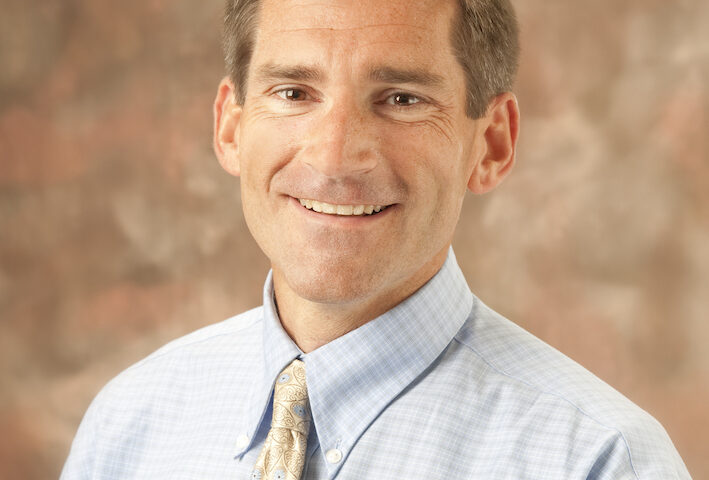
We discuss sweat rates, sodium losses, general guidelines, and how everyone’s sweat rates vary with Dr. Robert Kenefick.
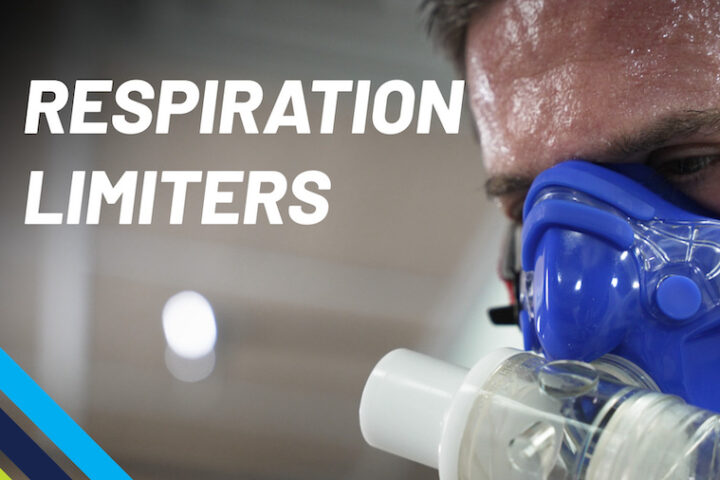
Coach Steve Neal helps athletes develop their respiratory systems to improve performance. Find out how the testing works, the limiters it exposes, and what you can do to start training your own breathing.
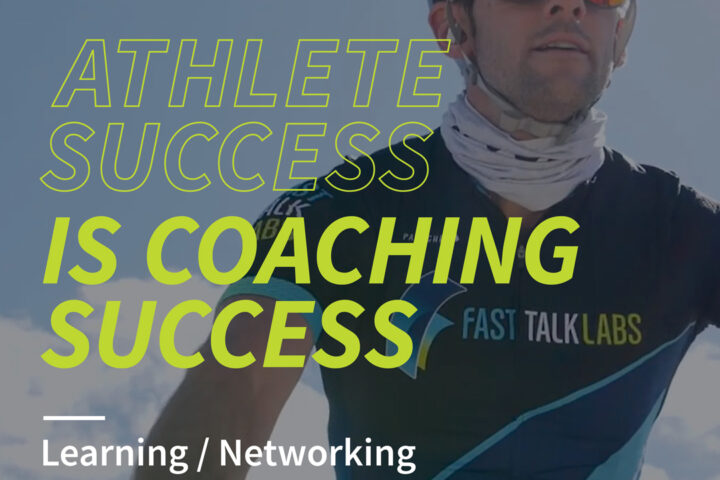
Now Coaches Anywhere Can Get Deep, Coaching-Specific Support and Education

Dr. Andy Pruitt answers questions about back pain, knee issues with increased training, numbness and pain where we sit, and how much we can still adapt as we age.
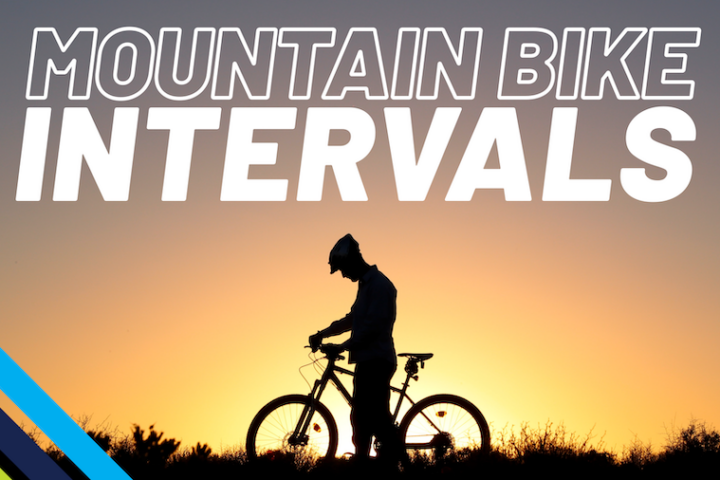
Rob Pickels shows us how to do mountain bike intervals based on Dr. Seiler’s polarized training research.
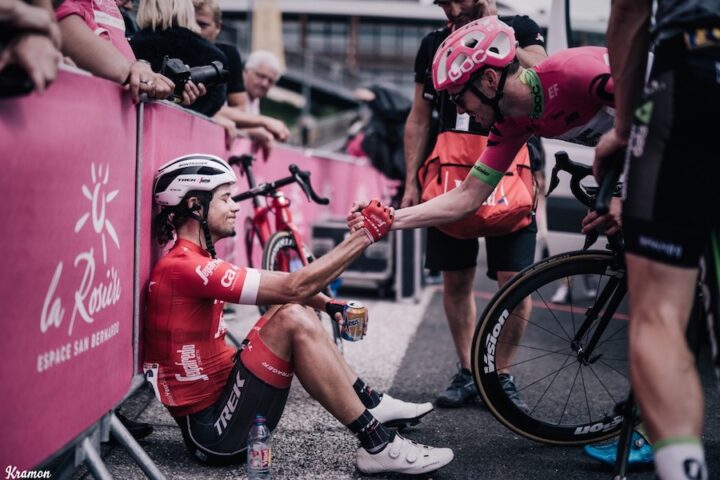
Learn the “ins and outs” of gravel racing as we discuss everything you need to know with pro cyclists (now turned gravel racers), Alex Howes and Kiel Reijnen. From gear to weather to developing a good start and finish strategy, we cover it all.
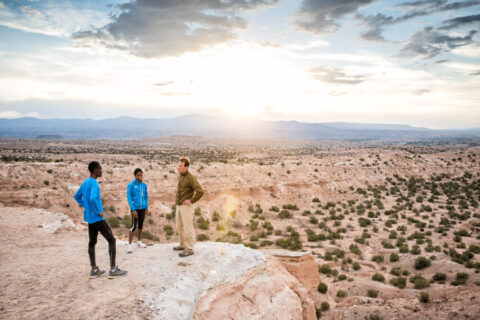
Everyone wins when an athlete feels supported. In Module 5 from The Craft of Coaching, Joe Friel and his hand-picked experts share how to best manage athletes and add service providers to extend your coaching capabilities.

No one wants to “fire” an athlete. But there are times when the coach-athlete relationship is clearly not working. Coaches need to reflect on these difficult situations and athletes so they can identify problems before things get personal.
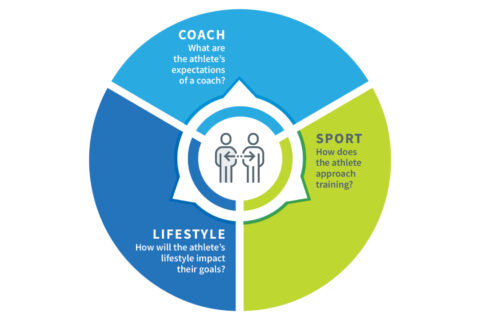
For the coach-athlete relationship to be successful, it must be rooted in trust, and trust is earned or compromised from Day 1. Begin any new client relationship with the end in mind.
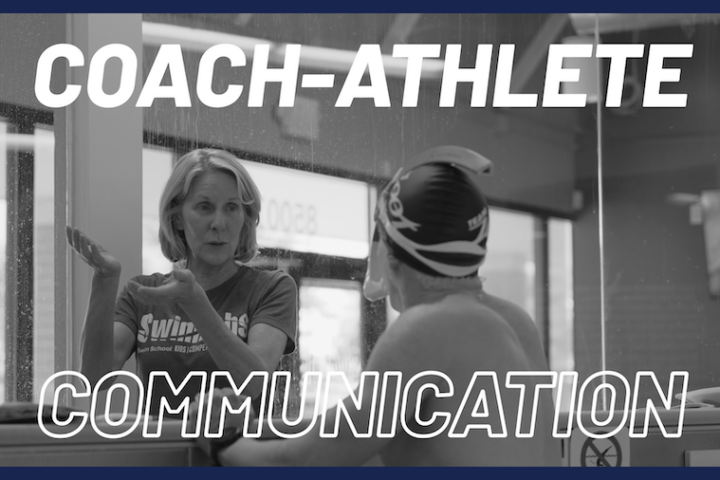
Coach Melissa Mantak prioritizes communication with her athletes above all else, particularly in the onboarding process. Find out more about the different levels of coaching she offers at The Empowered Athlete, and how communication plays out.
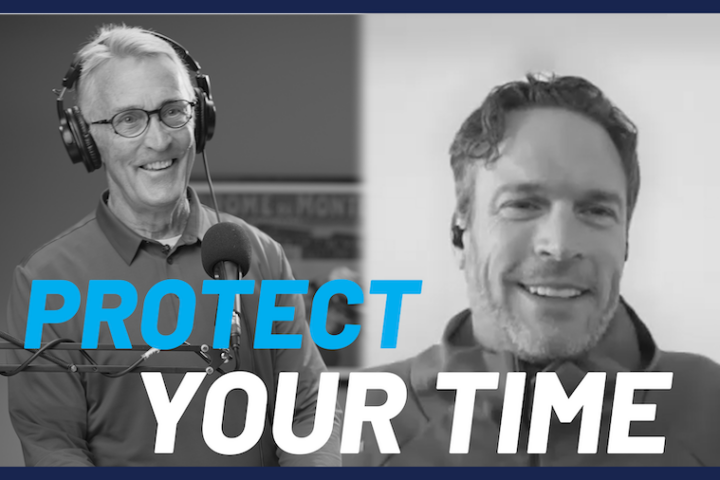
Managing athletes requires time management skills. Coach Ryan Bolton balances the needs of his pro athletes, age groupers, and a team of coaches. He talks with Joe Friel about his screening process and the groundwork that goes into a positive athlete-coach relationship.
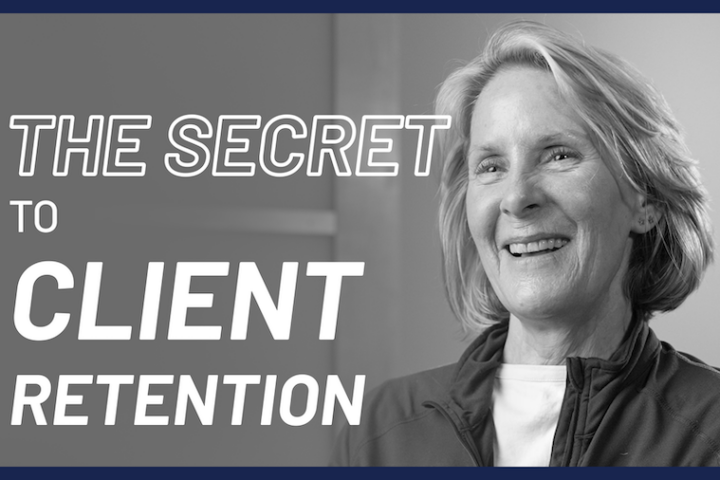
Client retention comes down to two things: 1) the athlete’s longevity in the sport, and 2) the coach’s ability to evolve with the athlete over time.
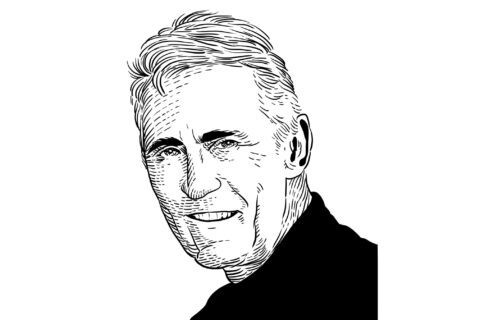
Ryan Bolton was coached by Joe Friel for the duration of his career as a pro triathlete. He reflects on what made that relationship work and the lessons he took from it in establishing his own coaching business.
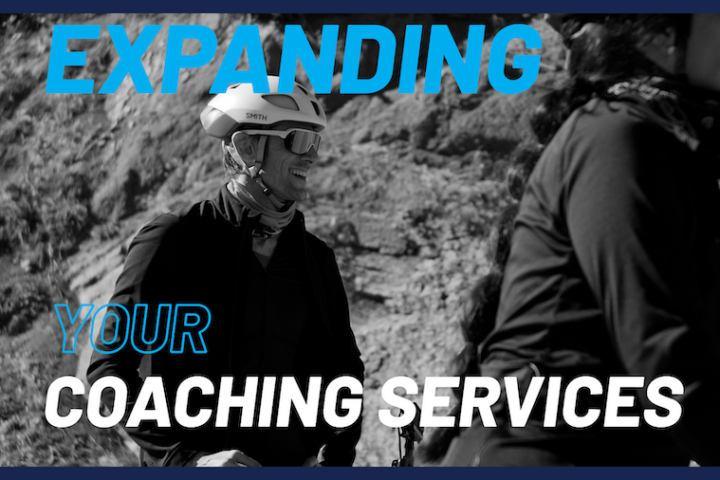
More coaches are seeking partnerships with outside experts to better meet the needs of their athletes. Find out how these partnerships work best, giving even the “maverick” coach a competitive advantage.
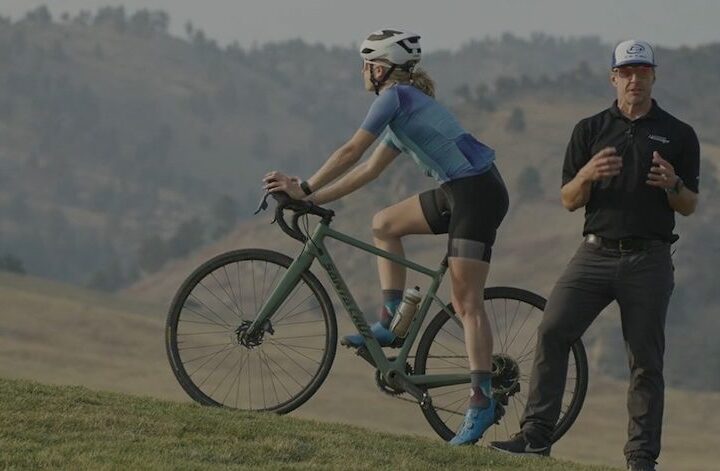
Coach Grant Holicky describes how athletes are impacted by the additional experts and services that coaches make available to them.

Coach Ryan Kohler talks with Joe Friel about how to help athletes navigate the misinformation around nutrition by partnering with the right experts.
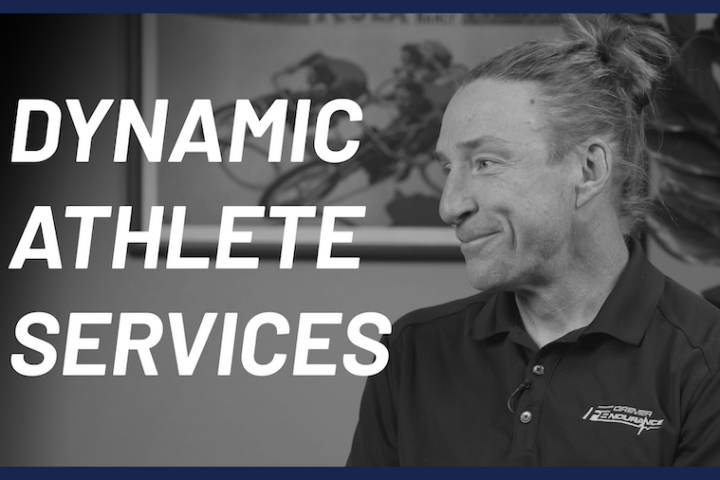
With more ways to deliver individualized training, coaches are well-positioned to reach more athletes.